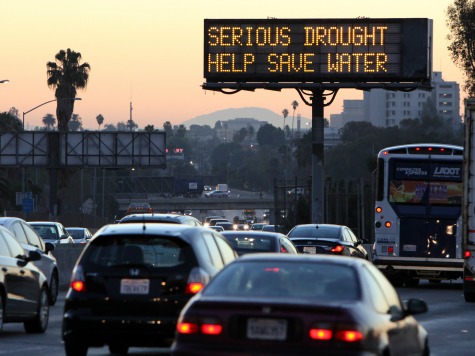The Sacramento Metro Chamber of Commerce held its second annual “Perspective on Agriculture” luncheon at the Hyatt Regency on Thursday. A panel of food experts hypothesized that grocery shoppers nationwide will not see a significant increase in their grocery bills, despite California’s record-breaking drought, reports The Sacramento Bee.
Because California farmers are making the most of what little water they have, general food prices will not rise. But there is one exception: the price of rice may increase dramatically.
“In the Sacramento Valley, we usually grow 500,000 acres of rice,” rice grower Nicole Montna Van Vleck told the Bee. “This year, we’ve reduced our acreage by 25, 30 percent. In some communities, rice accounts for 30 to 50 percent of all economic activity. It not only affects farmers, but suppliers.”
Dan Sumner, director of the Agricultural Issues Center at UC Davis, told the Bee that even though the price of rice could rise, the other supermarket aisles will remain safe for now. The increase of costs, he said, “really won’t be that huge for the average consumer. At the supermarket, you may see a few things that are more expensive, but overall the bill won’t be that much different than before the drought.”
Steady prices of most food items does not mean the drought isn’t having a negative economic impact in the state; according to a study from UC Davis cited in the report, approximately 14,500 agriculture jobs, mostly in planting and harvesting, will be lost this year. The study estimates that, due to the lost jobs and fewer plantable farmland, the economic blow to the state could be about $1.7 billion.
Earlier this week, Breitbart News reported that the California State Capitol lawn would be allowed to die to conserve water. Tim Johnson, president of the California Rice Commission, explained by stating, “We estimated that the amount of water it takes to irrigate the lawn at the state Capitol was enough to produce 1 million servings of rice. When we finally got that point across, the governor agreed to let the lawn go brown.”

COMMENTS
Please let us know if you're having issues with commenting.